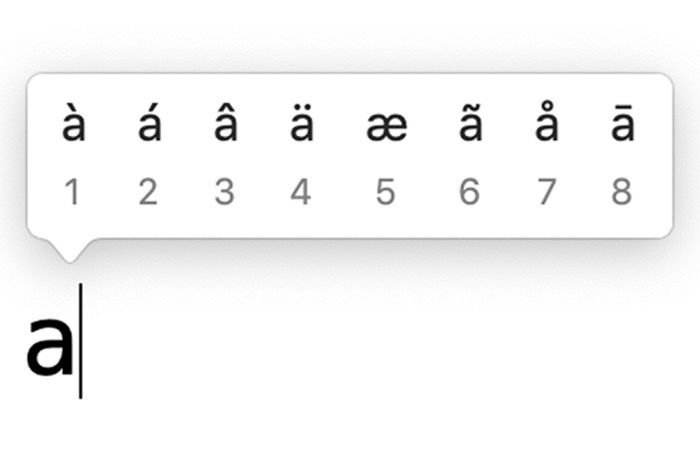As aguda llana esdrújula o sobreesdrújula takes center stage, this opening passage beckons readers into a world crafted with meticulous precision, ensuring a reading experience that is both absorbing and distinctly original. Word stress, the very essence of Spanish pronunciation, holds a profound influence on communication, and this discourse delves into its complexities with an authoritative voice.
Within the tapestry of Spanish linguistics, four distinct types of word stress emerge: aguda, llana, esdrújula, and sobreesdrújula. Each type possesses unique characteristics that shape the rhythm and intonation of spoken words, and this discourse unravels their intricacies, providing a comprehensive understanding of their rules and exceptions.
Word Stress in Spanish

In Spanish, word stress, also known as accent, plays a crucial role in determining the pronunciation and meaning of words. It refers to the emphasis placed on a particular syllable within a word, and it can significantly alter the way a word is perceived and understood.
Spanish words can have stress on one of four syllables: the last syllable (aguda), the second-to-last syllable (llana), the third-to-last syllable (esdrújula), or the fourth-to-last syllable (sobreesdrújula).
Types of Word Stress
- Aguda:Words stressed on the last syllable. These words typically end in consonants other than -n or -s, or in vowels followed by -n or -s. Example: camión(truck).
- Llana:Words stressed on the second-to-last syllable. These words typically end in vowels, -n, or -s. Example: casa(house).
- Esdrújula:Words stressed on the third-to-last syllable. These words typically end in a vowel or consonant followed by a vowel. Example: lápiz(pencil).
- Sobreesdrújula:Words stressed on the fourth-to-last syllable. These words are typically formed by adding prefixes or suffixes to esdrújula words. Example: dígamelo(tell me).
Rules for Determining Word Stress
There are general rules for determining the stress pattern of a Spanish word:
- Words ending in a vowel, -n, or -s are stressed on the second-to-last syllable (llana).
- Words ending in a consonant other than -n or -s are stressed on the last syllable (aguda).
- Words ending in a stressed vowel (á, é, í, ó, ú) are stressed on the last syllable (aguda), even if they end in a consonant.
- Words ending in a diphthong (two vowels pronounced as one syllable) are stressed on the second-to-last syllable (llana), unless the diphthong is -ía, in which case the stress is on the last syllable (aguda).
There are exceptions to these rules, such as words with a written accent mark or words that are stressed differently in different regions.
Importance of Word Stress, Aguda llana esdrújula o sobreesdrújula
Word stress is crucial in Spanish because it can change the meaning of words. For example, the word canto(I sing) is stressed on the last syllable, while cantó(he/she sang) is stressed on the second-to-last syllable. Incorrect stress can lead to miscommunication and confusion.
Exercises for Practicing Word Stress
- Identify the stress pattern of the following words:
- casa
- lápiz
- camión
- dígamelo
- río
- Write the correct stress marks on the following words:
- medico
- arbol
- telefono
- examen
- computadora
Solutions:
-
- casa: llana
- lápiz: esdrújula
- camión: aguda
- dígamelo: sobreesdrújula
- río: llana
-
- médico
- árbol
- teléfono
- éxamen
- computadora
Common Queries: Aguda Llana Esdrújula O Sobreesdrújula
What is the difference between aguda and llana words?
Aguda words are stressed on the last syllable, while llana words are stressed on the second-to-last syllable.
How can I identify esdrújula words?
Esdrújula words are stressed on the third-to-last syllable.
What is the rule for sobreesdrújula words?
Sobreesdrújula words are stressed on the fourth-to-last syllable or beyond.


